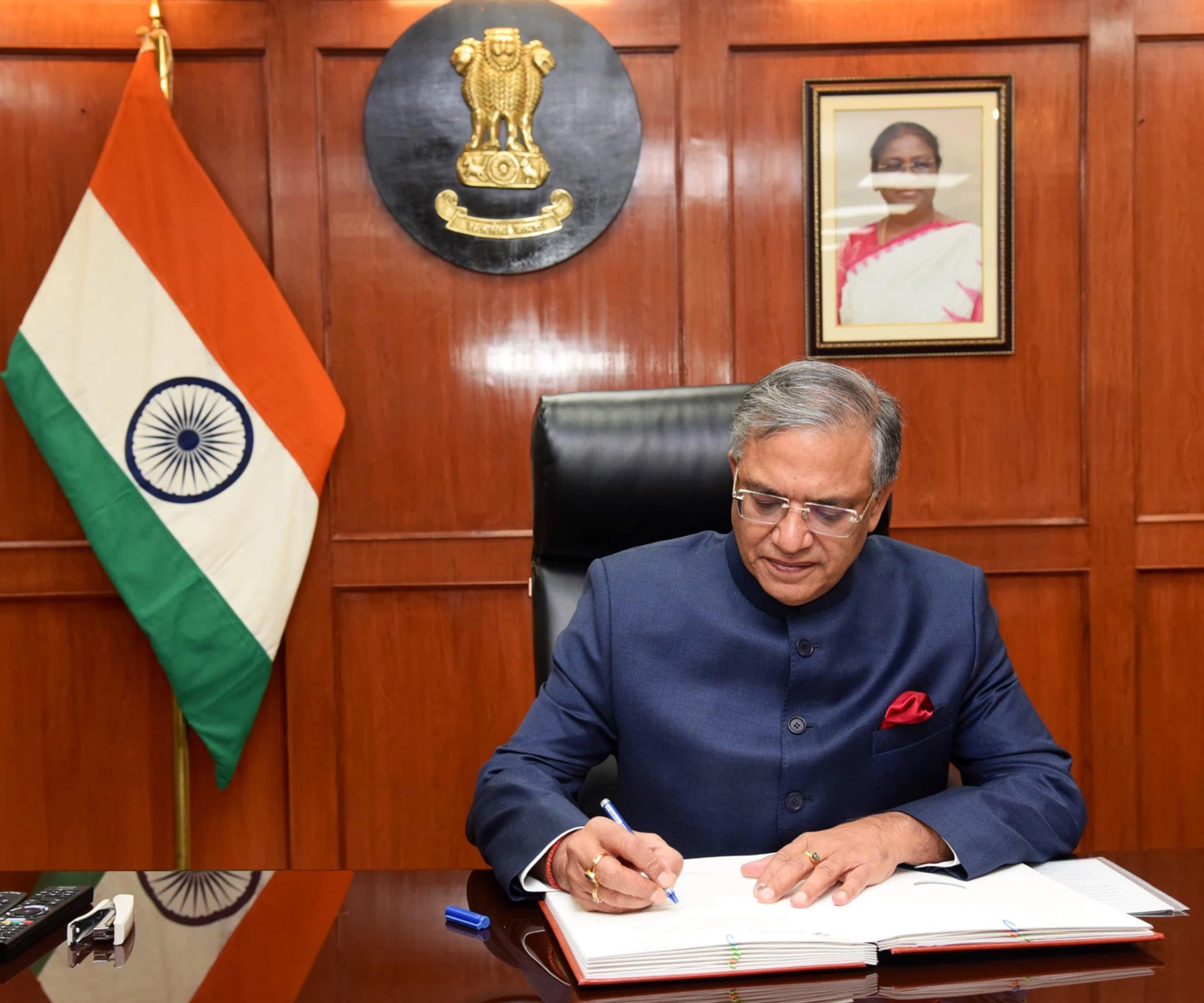Ajit Pawar, a prominent figure in Indian politics, recently addressed the controversy surrounding comedian Kunal Kamra’s political satire. The incident has sparked a significant debate about the boundaries of humor and freedom of expression, particularly in the context of political commentary. Pawar’s remarks emphasize the importance of accepting political satire as a vital aspect of democratic discourse, while also acknowledging that such expressions should remain within certain limits to ensure respect for individuals and institutions.
Pawar’s nuanced stance highlights the delicate balance between humor and sensitivity in political satire. He suggests that while satire can serve as a powerful tool for critique and reflection, it is essential for comedians and satirists to be mindful of the impact their words can have. The core of his message revolves around the idea that political satire should encourage dialogue and foster understanding, rather than incite division or disrespect. This perspective is particularly relevant in today’s polarized political climate, where humor can often be a double-edged sword.
Moreover, the political landscape in India has seen an increasing intersection between comedy and politics, with many comedians using their platforms to address pressing societal issues. This trend raises questions about the role of satire in a democracy and whether it can effectively challenge the status quo or merely serve as entertainment. Ajit Pawar’s comments invite further reflection on how political satire can navigate these complex waters, advocating for a responsible approach that honors both creative expression and the dignity of individuals.
In conclusion, while Ajit Pawar acknowledges the value of political satire, he also calls for a sense of responsibility among comedians and satirists. By promoting a culture that appreciates humor while maintaining respect for political figures and institutions, there is potential for satire to contribute positively to the democratic process. This dialogue is crucial as society seeks to understand the evolving role of humor in political discourse, and how it can be harnessed to inspire constructive conversation rather than conflict.




